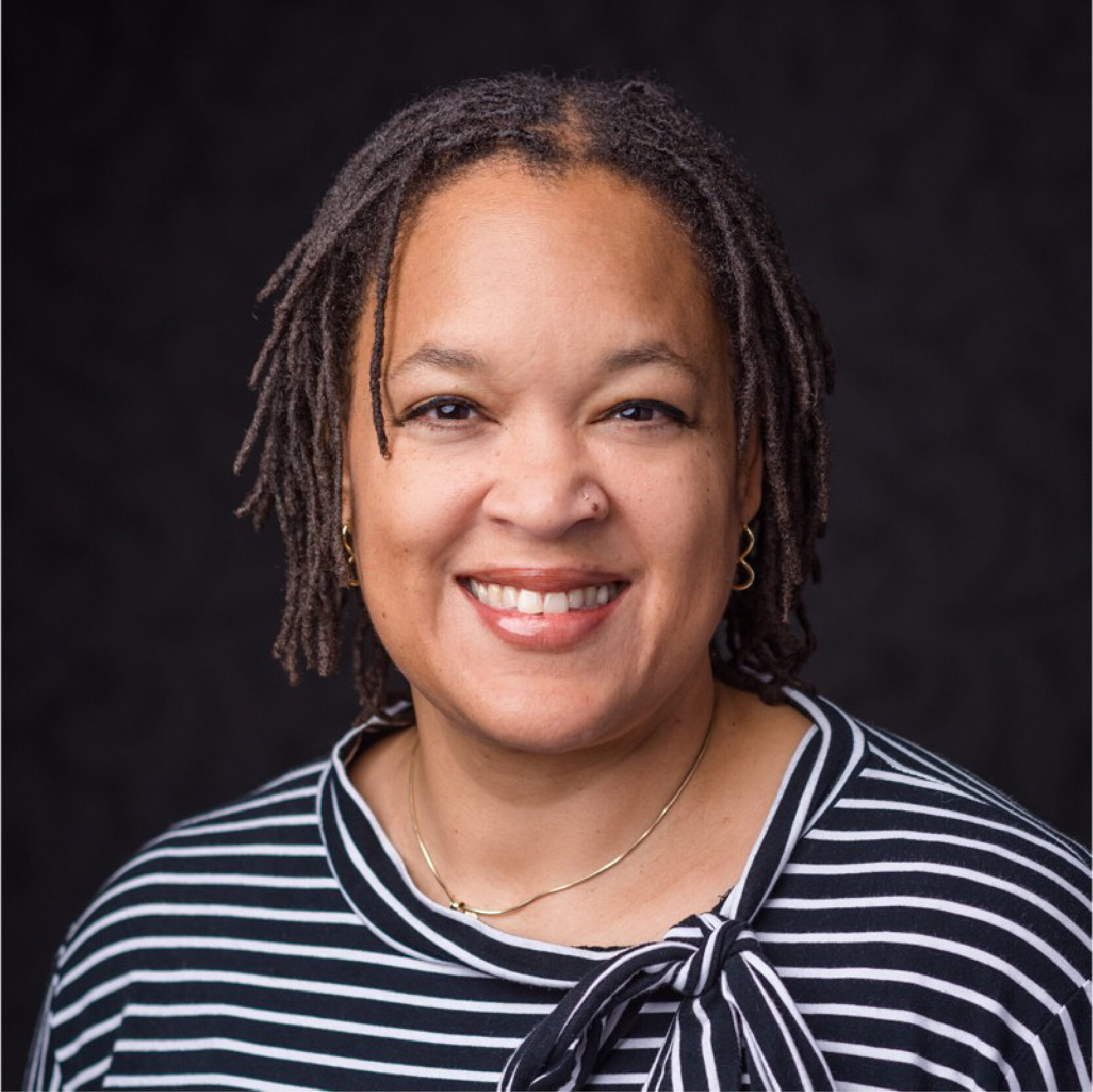Do you really need a college degree for that job?
By Dr. LaShon Sawyer
Published in TE's Policy Pulse, Fall 2023
70 million US workers do not have a bachelor’s degree. Do all open jobs in northeast Ohio that ask for a degree really require a degree?
You would be hard pressed to find someone willing to argue a local surgeon’s job shouldn’t require him/her/them to have a college degree. But does this concept apply to all jobs? I think not.
I’m not the first to raise this question. Organizations like Opportunity@Work and journalist like Rachel Cohen of vox.com have asked similar questions, nationally. The concept of degrees creating barriers for workers has a name - the paper ceiling. The paper ceiling is the invisible barrier that comes at every turn for workers without a degree.
You may be familiar with the old school term glass ceiling coined in 1978 by Marilyn Loden. It was used to describe the phenomenon that women were entering the workforce relatively easily through entry level positions. However, these jobs did not lead to opportunities for advancement and fewer women were seen in middle management and even less were in organizational leadership positions. In essence, an invisible glass ceiling would allow women to see potential advancement opportunities, but it blocked them from obtaining these aspirations. In later years, the glass ceiling advocacy efforts included those representing racial marginalized groups.
Paper ceiling is in this same vein. TearThePaperCeiling.org describes it as a barrier faced by 70 million workers in the US who are not able to access higher paying jobs and career path jobs because they don’t have a bachelor’s degree. Like the glass ceiling, the paper ceiling is disproportionately impacting Black and Brown workers. For many, the cost of degrees creates significant barriers to earning family-sustaining wages and viable career paths.
In May 2023, Gov. Mike DeWine signed an executive order to reduce the number of state positions requiring degrees. This positions Ohio to increase opportunities to do more skill-based hiring and to remove barriers in positions with academic requirements. Ohio joined other states such as Pennsylvania, New Jersey, North Carolina, and Colorado with similar legislation.
More exploration and advocacy are needed for employers at the county and city levels to review job descriptions for academic barriers to talented candidates. The workforce needs to move in the direction of more employers doing skill-based hiring while removing degree requirements, to acknowledge that skills can come from lived experiences, previous work experiences or on-the-job training.
How can you get involved?
✔ Impacted Individuals: Tell your story or check out these resources.
✔ Towards Employment Alumni: Share your story with Greg Reaves (Alumni Engagement Coordinator) at greaves@towardsemployment.org
✔ Employers/HR Representatives: Ask your hiring team, do our job descriptions accurately represent the talent skills required to complete the job? Here are some resources.
✔ Elected Officials: Investigate if your hiring guidelines to ensure barriers are removed for talented candidates are also used for jobs at every level. Also, extend this investigation to vendor relationships. Is the vendor hiring practice aligned with those of your jurisdiction?
✔ Allies: Learn more. Discuss often. Grab coffee with the people in your network. Lift your voice to keep the conversation going. Sign the pledge to reduce academic barriers.

About the Author
Dr. Sawyer received a bachelor’s degree in Psychology from Wright State University. She also holds a Master of Science degree in Social Administration from Case Western Reserve University (CWRU) and completed her Ph.D. in Criminal Justice at Capella University. She focused on the impact of collateral sanctions on returning citizens as her PhD dissertation topic. In her daily work, she champions workforce development advocacy and policy efforts for Towards Employment. She has a deep passion for social justice issues and advocating for inclusion, racial equity, and fair hiring practices. A native of Cleveland, Ohio, LaShon loves to spend time discovering new locally owned businesses and food options while spending time with her teenage son and extended family.
